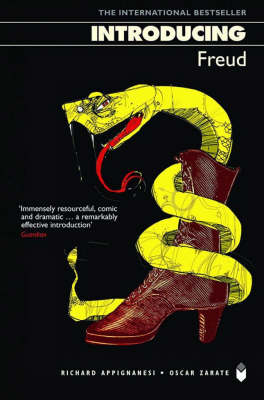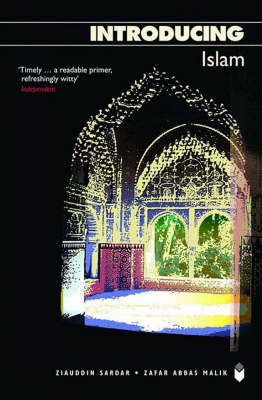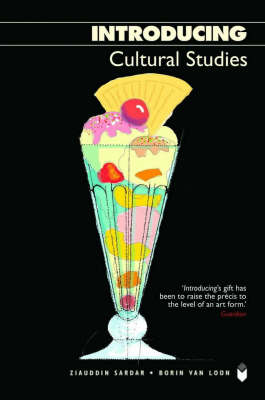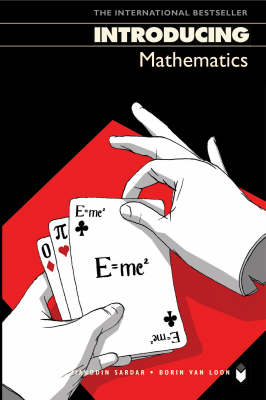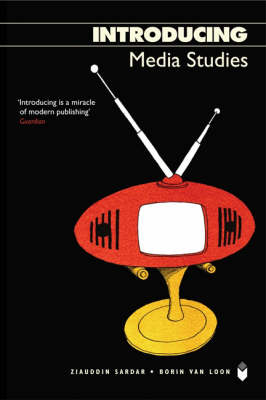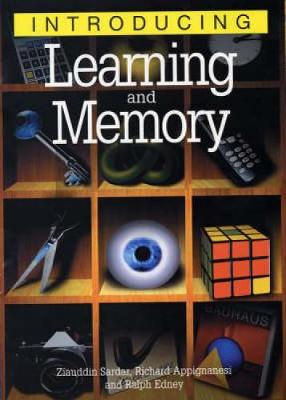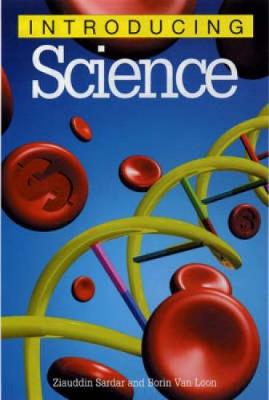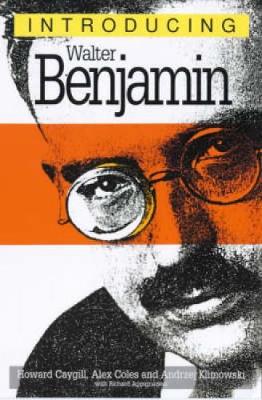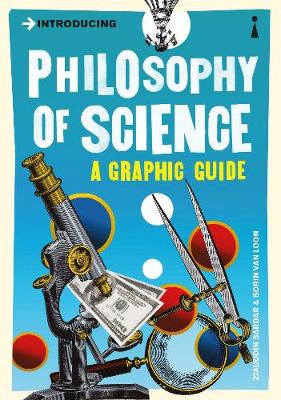Introducing...
9 total works
Introducing Mathematics traces the story of mathematics from the ancient world to modern times, describing the great discoveries and providing an accessible introduction to such topics as number-systems, geometry and algebra, the calculus, the theory of the infinite, statistical reasoning and chaos theory. It shows how the history of mathematics has seen progress and paradox go hand in hand - and how this is still happening today. This is an essential book for anyone interested in the wonderful and weird world of mathematics - which is, after all, the world we have created for ourselves.
Introducing Media Studies provides a scintillating tour of media history and presents a coherent view of the media industry, media theory and methods in media research.
Introducing Learning and Memory
by Richard Appignanesi, Ziauddin Sardar, and Ralph Edney
Introducing Walter Benjamin
by Howard Caygill, Alex Coles, and Richard Appignanesi
What do scientists actually do? Is science "value-free"? How has science evolved through history? Where is science leading us? "Introducing Philosophy of Science" is a clear and incisively illustrated map of the big questions underpinning science. It is essential reading for students, the general public, and even scientists themselves.
